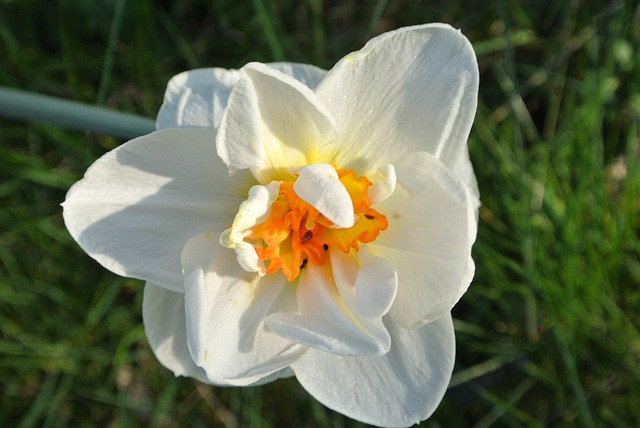casimba 👍 Casimba: The Cultural Treasure of Brazil's Afro-Brazilian Heritage

Casimba: The Cultural Treasure of Brazil's Afro-Brazilian Heritage
In the vibrant tapestry of Brazilian culture, the rhythmic allure of casimba stands out as a testament to the rich Afro-Brazilian heritage that has shaped the nation’s identity. This captivating dance and music style not only encapsulates the spirit of joy and celebration but also serves as a powerful medium for storytelling and community bonding. As Brazilians continue to explore and embrace their diverse cultural roots, the revival of casimba presents an exciting opportunity to delve into the depths of history while fostering a sense of unity and pride.
Casimba is more than just a dance; it is an expressive form of art that intertwines rhythm, movement, and emotion. Originating from the Afro-Brazilian traditions brought over by enslaved Africans, casimba has evolved over the years, absorbing influences from various regions and cultures. The result is a dynamic performance that captivates audiences with its enchanting beats and vibrant choreography. The infectious energy of casimba often invites onlookers to join in, breaking down barriers and creating a collective experience that transcends language and background.casimba

At the heart of casimba lies its music, characterized by intricate percussive rhythms and spirited melodies. Traditional instruments such as the berimbau, atabaque, and pandeiro form the backbone of the sound, while the layered vocal harmonies add depth and texture. The lively beats of casimba have the unique ability to evoke emotions, transporting participants to a different time and place, where the struggles and triumphs of ancestors are celebrated through dance.
In recent years, there has been a resurgence of interest in casimba, particularly among younger generations. This revival is not merely about preserving a cultural relic; it signifies a broader movement towards acknowledging and valuing Brazil's diverse heritage. Workshops, dance schools, and community events dedicated to casimba are popping up across the nation, offering individuals an opportunity to engage with their cultural roots. The sense of camaraderie that develops in these settings strengthens community ties, as participants share in the joy of learning and performing together.casimba
Moreover, casimba serves as a window into Brazil's complex history, shedding light on the experiences of the African diaspora. The dance often incorporates narratives that reflect the struggles for freedom, identity, and social justice. Through vivid storytelling and expressive movements, performers convey powerful messages that resonate with contemporary audiences. As Brazil grapples with issues of inequality and racial injustice, the art of casimba becomes a poignant reminder of the resilience and strength of Afro-Brazilian culture.casimba

The vibrant costumes worn during casimba performances further enhance the visual spectacle. Adorned with bright colors, intricate patterns, and traditional accessories, these outfits reflect the cultural significance of the dance. Each piece tells a story, often inspired by ancestral traditions that have been passed down through generations. As performers don these garments, they embody the spirit of their forebears, honoring their legacy while inviting others to join in the celebration of life and culture.
In addition to its cultural significance, casimba has also garnered attention on the global stage. Festivals and events showcasing Afro-Brazilian traditions have attracted international audiences, eager to experience the infectious rhythms and exuberant performances. This global interest not only elevates the profile of casimba but also fosters cross-cultural exchanges that enrich the artistic landscape. As artists collaborate and share their interpretations of casimba, they contribute to a living, breathing tradition that continues to evolve.
The impact of casimba extends beyond the realm of performance; it also plays a role in promoting social cohesion and empowerment within communities. Many organizations and initiatives are leveraging the power of dance and music to create spaces for dialogue and healing. By bringing people together through the shared experience of casimba, these efforts foster understanding, acceptance, and collective action toward positive change.
As the world becomes increasingly interconnected, the celebration of casimba serves as a reminder of the importance of cultural heritage in shaping our identities. It invites us to reflect on our shared histories, honor the struggles of those who came before us, and embrace the beauty of diversity. Whether through dance, music, or community engagement, casimba offers a joyful expression of life that resonates deeply with the hearts of those who participate.
In conclusion, casimba is not merely a dance; it is a cultural treasure that embodies the spirit of Brazil's Afro-Brazilian heritage. As it continues to thrive and evolve, casimba stands as a testament to the resilience and creativity of a people who have transformed their struggles into art. Through its rhythmic beats and vibrant movements, casimba invites everyone to join in a celebration of life, unity, and the rich tapestry of Brazilian culture. Let us all embrace the joy of casimba, as we dance together towards a brighter future filled with understanding, appreciation, and love for our diverse heritage.
Fale conosco. Envie dúvidas, críticas ou sugestões para a nossa equipe através dos contatos abaixo:
Telefone: 0086-10-8805-0795
Email: portuguese@9099.com


